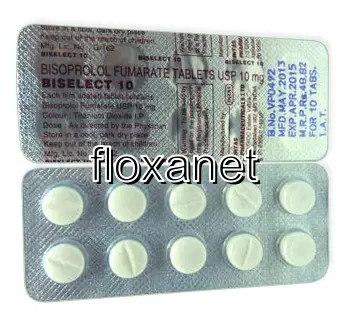| Package | Dosage | Price | Price per Dose | |
|---|---|---|---|---|
| Dosage: 5mg | ||||
| 360 pill | 5mg | €245.59 | €0.68 | |
| 180 pill | 5mg | €135.13 | €0.75 | |
| 120 pill | 5mg | €99.87 | €0.83 | |
| 90 pill | 5mg | €82.25 | €0.92 | |
| 60 pill | 5mg | €61.10 | €1.02 | |
| 30 pill | 5mg | €36.42 | €1.22 | |
| Dosage: 10mg | ||||
| 180 pill | 10mg | €121.03 | €0.67 | |
| 120 pill | 10mg | €89.30 | €0.74 | |
| 90 pill | 10mg | €71.67 | €0.80 | |
| 60 pill | 10mg | €54.04 | €0.89 | |
| 30 pill | 10mg | €31.72 | €1.05 | |

Bisoprolol Description
Introduction to Bisoprolol
Bisoprolol is a widely used medication belonging to the class of beta-blockers. It is primarily prescribed for managing cardiovascular conditions such as hypertension and heart failure. This medication works by blocking the beta-adrenergic receptors in the heart and blood vessels, leading to a decrease in heart rate and blood pressure. Its selective action on beta-1 receptors makes it preferable for patients who require heart-specific relief without significant effects on the lungs. Being a highly effective drug, bisoprolol is often recommended by healthcare providers for long-term use in cardiovascular risk management.
Effectiveness and Benefits
Many users report positive outcomes when taking bisoprolol. It effectively lowers blood pressure levels and reduces the stress on the heart, which can help prevent serious complications like strokes, heart attacks, and heart failure. Patients with congestive heart failure often find that bisoprolol improves their quality of life by easing symptoms such as shortness of breath and fatigue. Regular intake of this medication is associated with a reduction in the overall risk of cardiovascular mortality. Its once-daily dosing makes it a convenient option for many individuals, promoting adherence to the prescribed regimen.
Possible Side Effects and Precautions
While bisoprolol is generally well-tolerated, some users may experience side effects. Common issues include fatigue, dizziness, cold hands and feet, or gastrointestinal disturbances. Because it affects heart rate and blood pressure, some individuals might experience bradycardia or hypotension if taken in excess or combined with other medications. Patients with certain conditions like asthma or severe peripheral vascular disease should use bisoprolol cautiously, as its beta-1 selectivity does not entirely eliminate the risk of bronchoconstriction. Regular monitoring by a healthcare provider is advised, especially when starting therapy or adjusting dosages.
Usage and Dosage Information
Bisoprolol should be taken exactly as prescribed by a healthcare professional. The typical starting dose varies depending on the condition being treated and the patient's response. For hypertension, the usual initial dose ranges from 5 mg to 10 mg once daily. For heart failure, initial doses are often lower, gradually adjusted to obtain the desired therapeutic effect. It is important not to stop taking bisoprolol abruptly, as sudden withdrawal can cause a rebound increase in blood pressure or worsening heart symptoms. Patients are advised to follow their physician's instructions carefully and report any unusual symptoms promptly.
Conclusion
Overall, bisoprolol is a trusted and effective medication for managing heart-related conditions. Its ability to lower blood pressure and reduce cardiac workload helps many patients maintain their health and prevent serious complications. However, like all medications, it requires proper medical supervision to minimize risks and ensure optimal benefits. Regular follow-up and adherence to prescribed doses are crucial for achieving the best outcomes with bisoprolol therapy.
